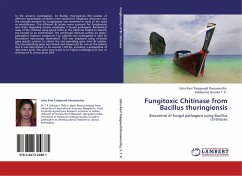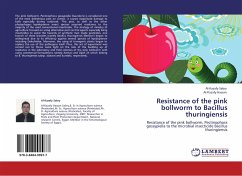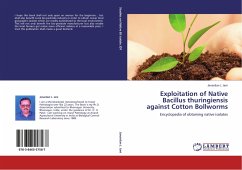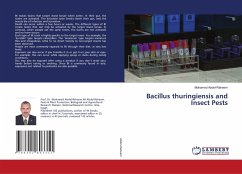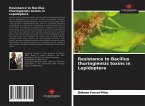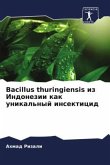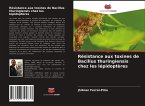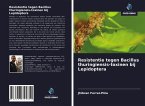In the present investigation, 34 Bacillus thuringiensis (Bt) isolates of different agroclimatic condition were studied for fungitoxic characters and the principle involved for fungitoxicity was identified in most of the cases as exochitinases. The different Bt strains were screened for fungitoxicity and chitin degrading activity employing 4 fungal pathogens. Biochemical assay of the chitinase using glycol chitin as the substrate helped to identify the enzyme as an exochitinase. The antifungal chitinase activity on phyto-pathogenic Fusarium oxysporum f sp cubense was investigated in vitro by fluorescent microscopic observation. PCR was employed using chitinase gene specific primers to obtain the corresponding gene from Bt isolates. The corresponding gene was cloned and sequenced for one of the isolates and it was determined to be around 1129 bp, encoding a polypeptide of 360 amino acids. This gene was found to be highly homologous to that of chitinase of B. cereus strain 28-9.
Bitte wählen Sie Ihr Anliegen aus.
Rechnungen
Retourenschein anfordern
Bestellstatus
Storno

